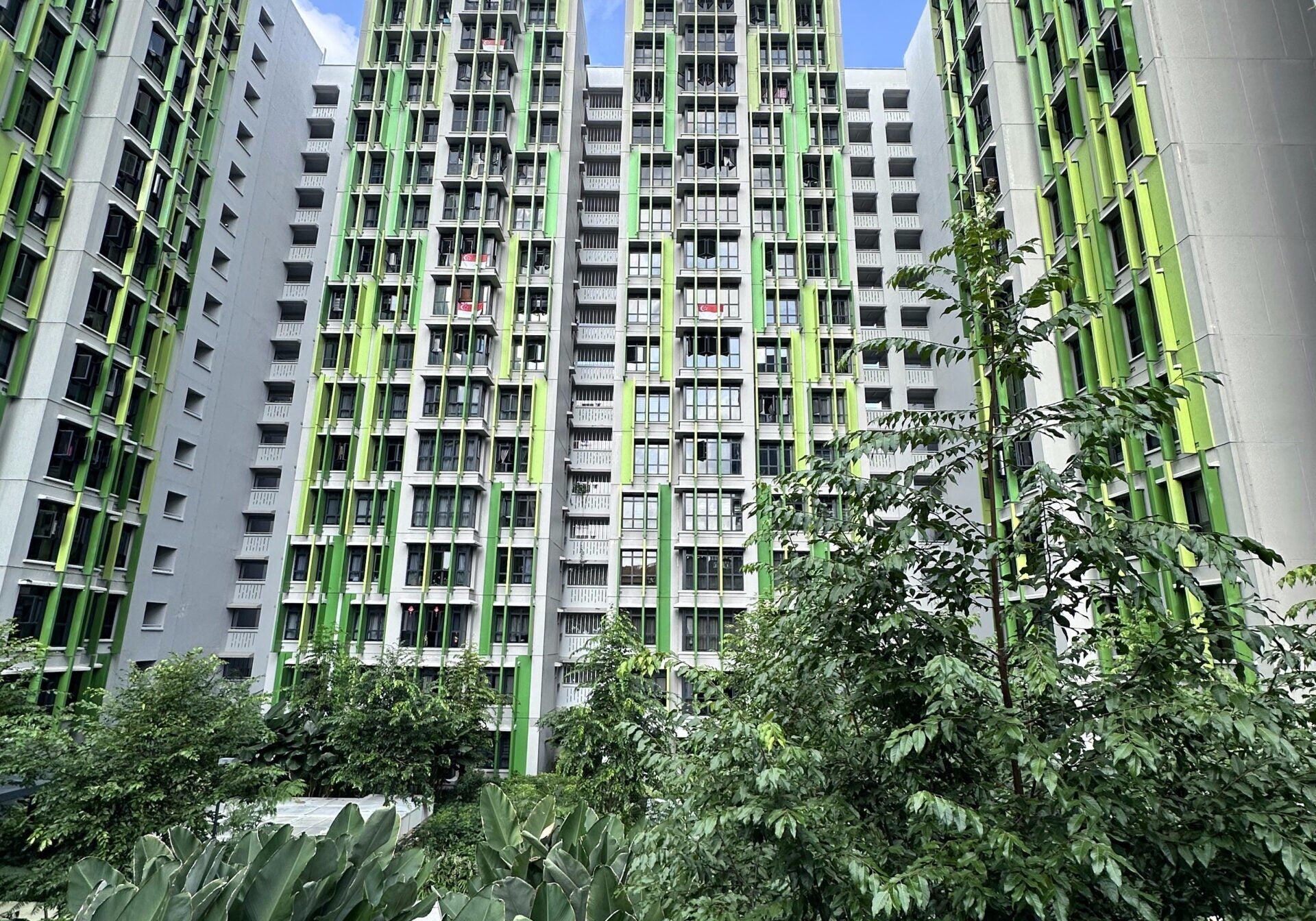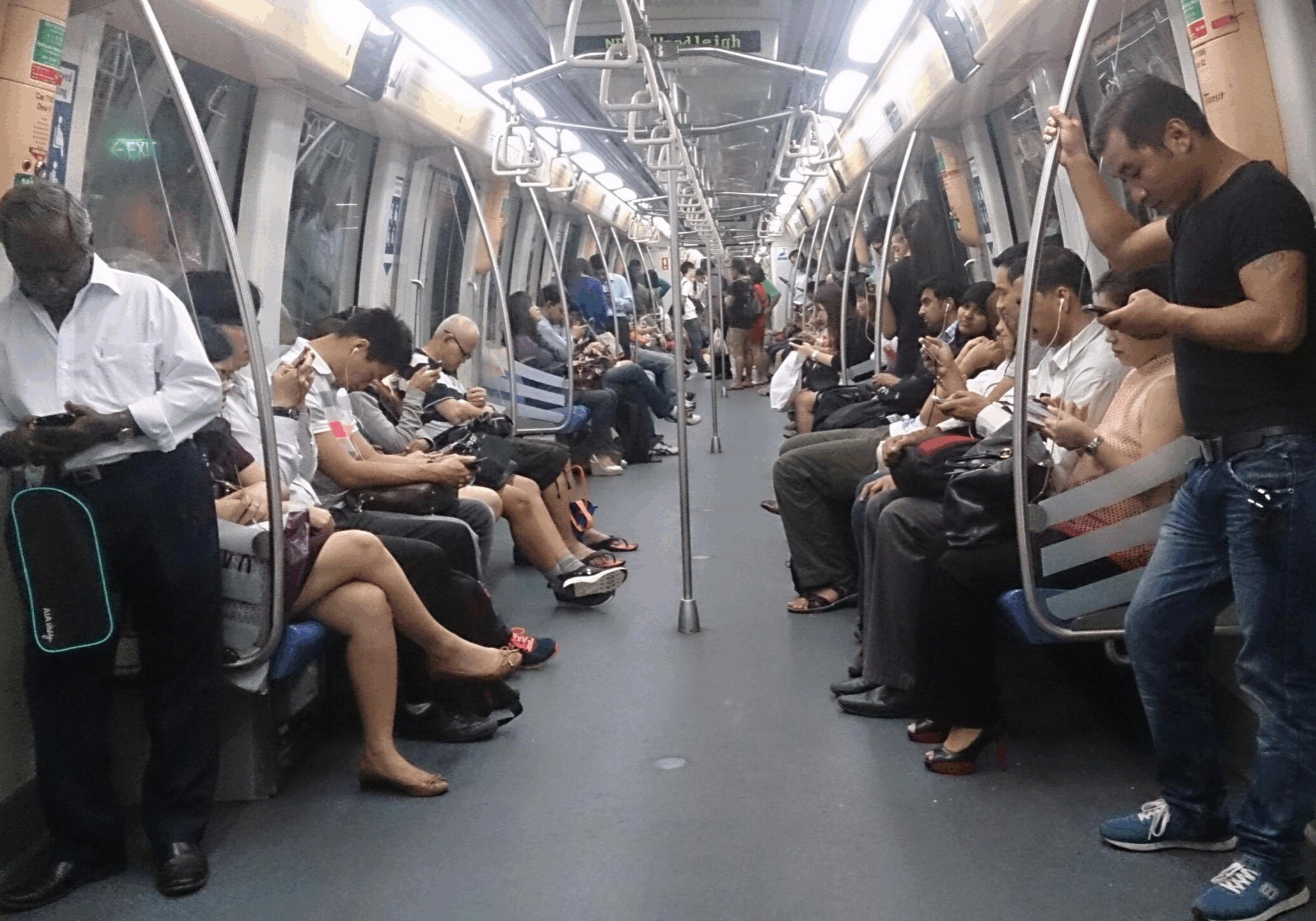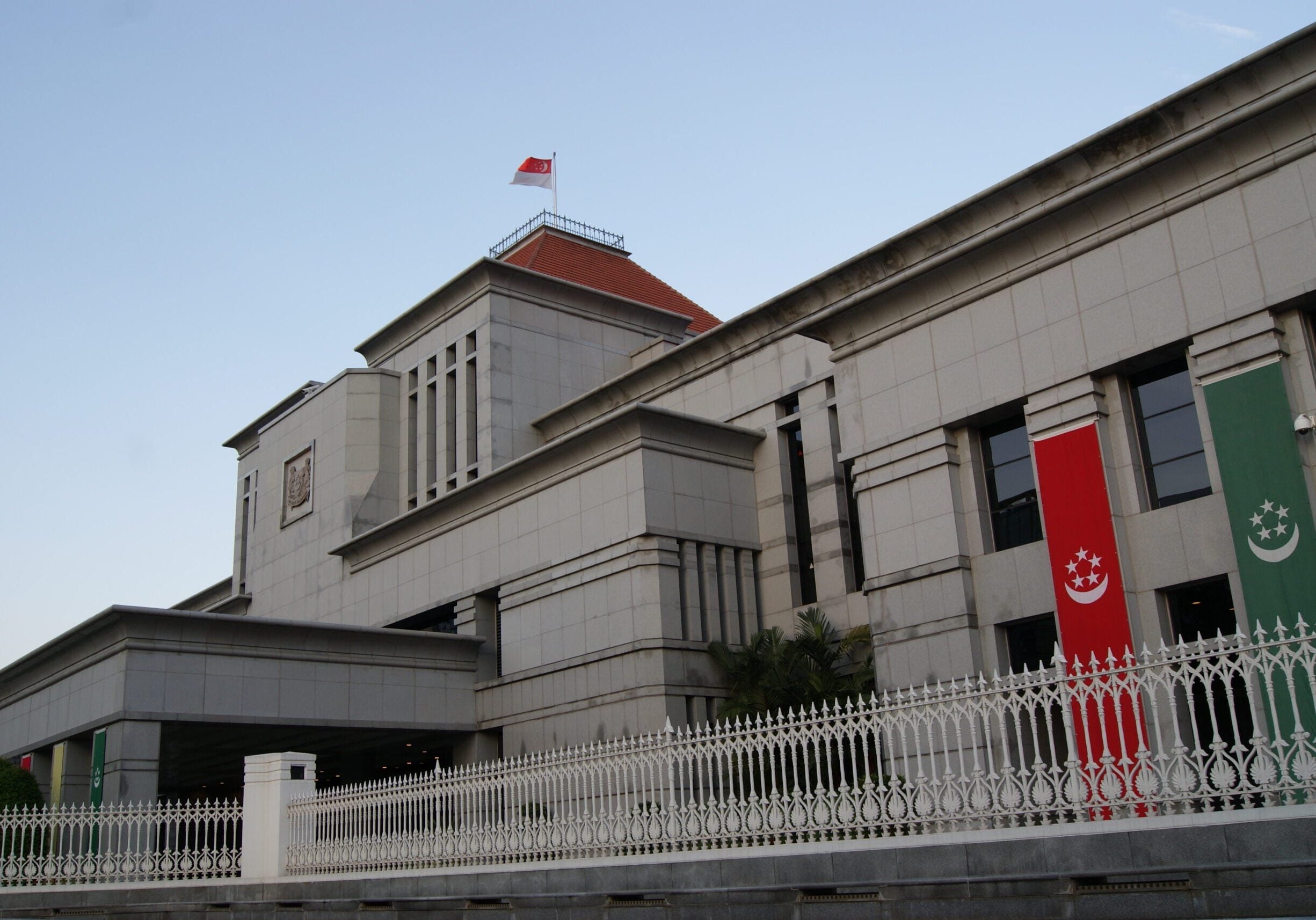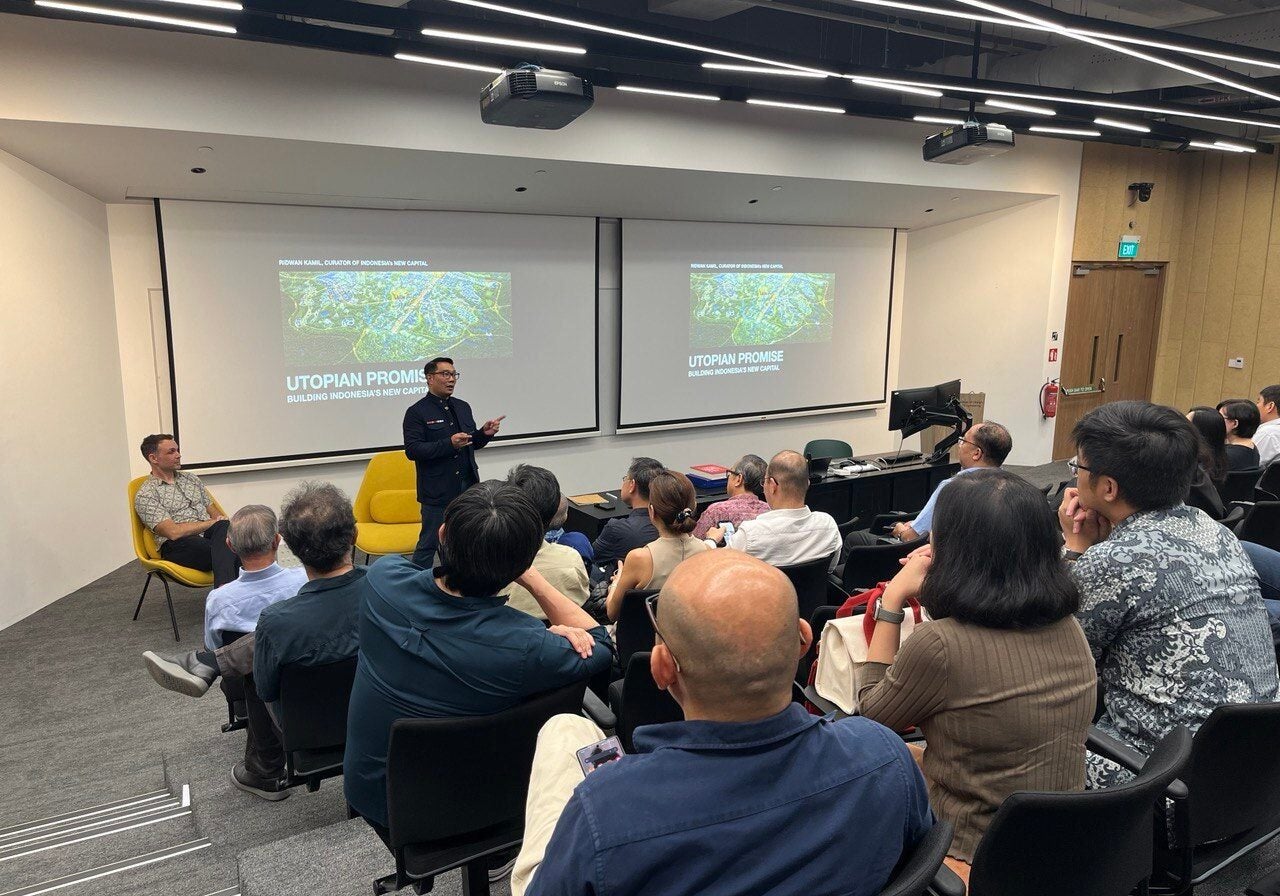NUS Cities Newsletter Issue 03 | Sep 2024
Welcome to Issue 03!
Greetings from NUS Cities, and welcome to the third issue of our newsletter!
As the world increasingly urbanises, and cities face global challenges, practitioners and academics are appreciating more how the city is deeply complex, made up of different systems that influence, and connect with, one another, resulting in sometimes surprising consequences. The articles in this issue touch on some of these connections and complexities, and how they can be managed.
Adjunct Professor Koh Choon Fah (Global Governing Trustee, Urban Land Institute) explains how real estate should not be thought of only as a source of economic growth, but also of social vibrancy, inclusion, and cohesion.
Dr Wang Xize (Department of Real Estate, NUS) explores the lesser-known links between commuting times and mental health, and what policy implications this could have. Given the interconnectedness of systems and the seeming unpredictability of impacts in the city, how can policymakers continue to plan for sustainability, liveability and resilience? Dr Darren Nel and Professor Araz Taeihagh (Lee Kuan Yew School of Public Policy) advocate for the use of complexity science in policymaking to address these challenges. However, incorporating complexity science into the processes of policymakers may prove difficult. Dr Nel and Prof Araz discuss how complexity science can be made more accessible and practical to these key decision-makers.
On the future of cities, NUS Cities continues to be an active platform for ideas. Through the NUS Cities Lecture Series, these ideas are being given a wider audience. In this issue, we feature reviews of two of those lectures.
Nusantara, Indonesia’s new capital city, has been a source of both hope and concern. We cover how the Curator of Nusantara, Ridwan Kamil, gave a lecture covering the various efforts underway to make Nusantara not just a capital for government, but also a capital for the people, integrated with nature, which could be a model for the future of sustainable and liveable cities.
Healthcare is not often thought of as critical to decarbonisation efforts, but it contributes a significant amount to greenhouse gas emissions. We summarise the key takeaways from the lecture that Nick Watts, Director of the NUS Centre for Sustainable Medicine, gave, where he drew on his experience in the UK’s National Health Service (NHS) and offered inspiring examples of how sustainable medicine is possible, if practitioners are given the autonomy to innovate.
Cities, with their unique experiences, lessons and innovations, can learn much from one another, and enable progress together. The Suzhou Industrial Park has been a sterling example of this. This year marks the 30th anniversary of its establishment, and in the spirit of continued collaboration, professors, researchers and graduate students from Soo Chow University, Suzhou University of Science and Technology, Tianjin University, Xi’an-Jiaotong Liverpool University and the National University of Singapore came together to develop further research to enhance the policymaking and governance of the Park. Zhao Xin (Lecturer, Xi’an Jiaotong-Liverpool University) covers this collaboration.
We hope you enjoy this issue!

Adjunct Professor Koh Choon Fah explains how real estate is not just about economics, but has the potential to improve the quality of life for citizens, encouraging sustainability and inclusivity.
Image Credit: Fong Chun Wah

At a time when mental health concerns have increasingly been raised in the public consciousness, it is important that connections between key facets of different urban systems and their impacts on mental health are examined and elucidated. Dr Wang Xize explores the potential mental health risks from longer journey-to-work times, using Beijing as a case study.
Image Credit: “at 8:30pm on a working weekday” by Project Manhattan, used under CC BY-SA 3.0 DEED

As cities becoming increasingly complex, how can policymakers manage this complexity to ensure that cities remain sustainable, resilient and liveable? Dr. Darren Nel and Professor Araz Taeihagh examine the difficulties for policymakers in incorporating tools from complexity science to address these challenges.
Image Credit: “Parliament House, Singapore - 20100803-03” by Smuconlaw, used under CC BY-SA 3.0 DEED

On 20 May 2024, Ridwan Kamil, Curator of the new capital of Indonesia, Nusantara, gave a lecture at College of Design and Engineering, NUS, under the auspices of the NUS Department of Architecture and NUS Cities. He spoke on his vision for the new city, and what can be expected of Nusantara in the years to come. Here are key takeaways from his lecture, on the five revolutions envisaged for the city.
Image Credit: Joshua Ong

Today, healthcare contributes to a significant proportion of global greenhouse gas emissions. Nick Watts, Director of the NUS Centre for Sustainable Medicine, in an instalment of the NUS Cities Lecture Series, explained what it would take for the healthcare sector to decarbonise to meet the challenges of climate change, while enhancing clinical care for patients.
Image Credit: RF Studio / Pexels

This year, Suzhou Industrial Park marks 30 years since it was established in 1994. This article is a review of the recently concluded panel discussion held at the 11th Annual Meeting of the Urban Planning Society of China. In an effort to support the policy making for, and governance of the Park, new research, planning innovations and design experiments were produced by professors, researchers and graduate students from Soo Chow University, Suzhou University of Science and Technology, Tianjin University, Xi’an-Jiaotong Liverpool University and the National University of Singapore.
Image Credit: “Suzhou Industrial Park, China (December 2015)” by Another Believer, used under CC BY-SA 4.0

